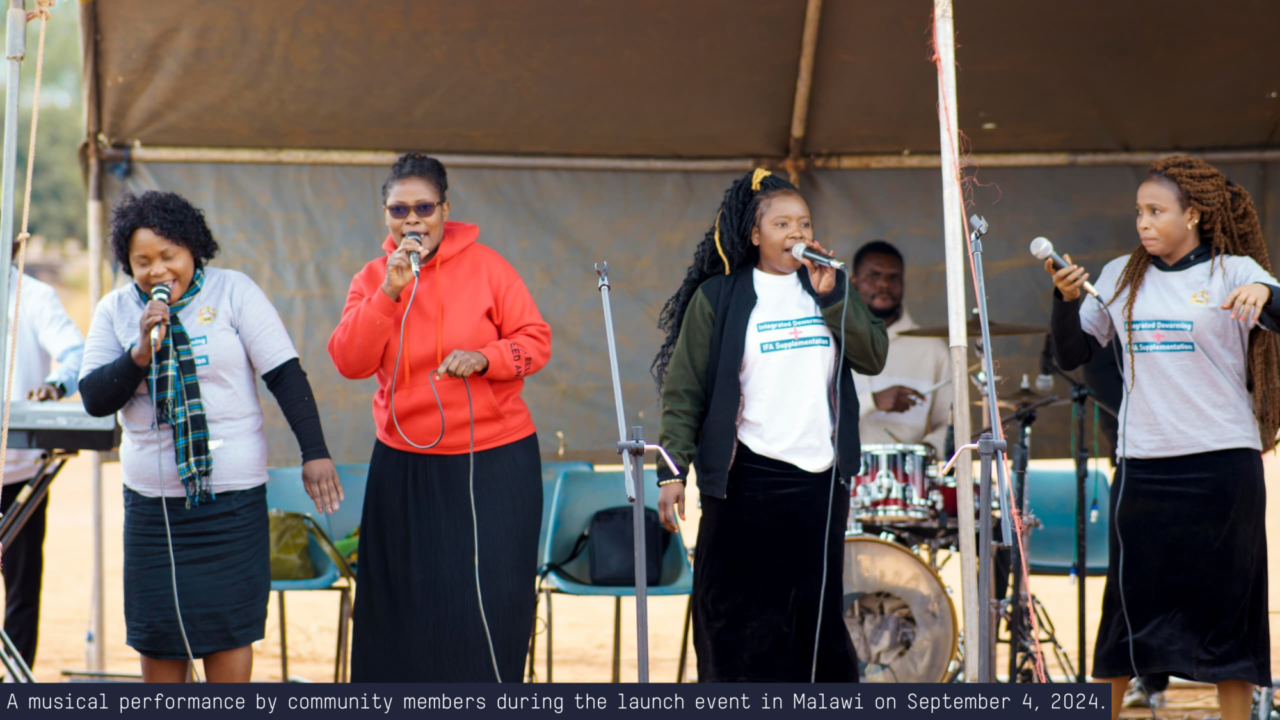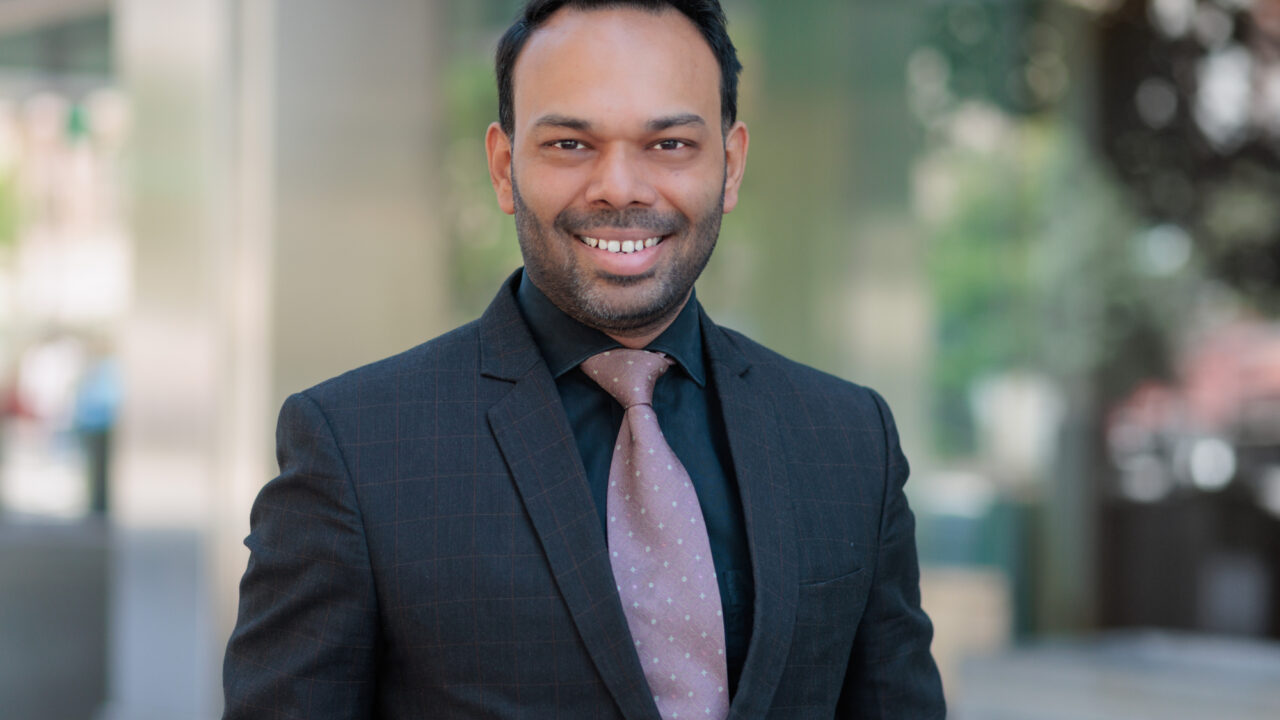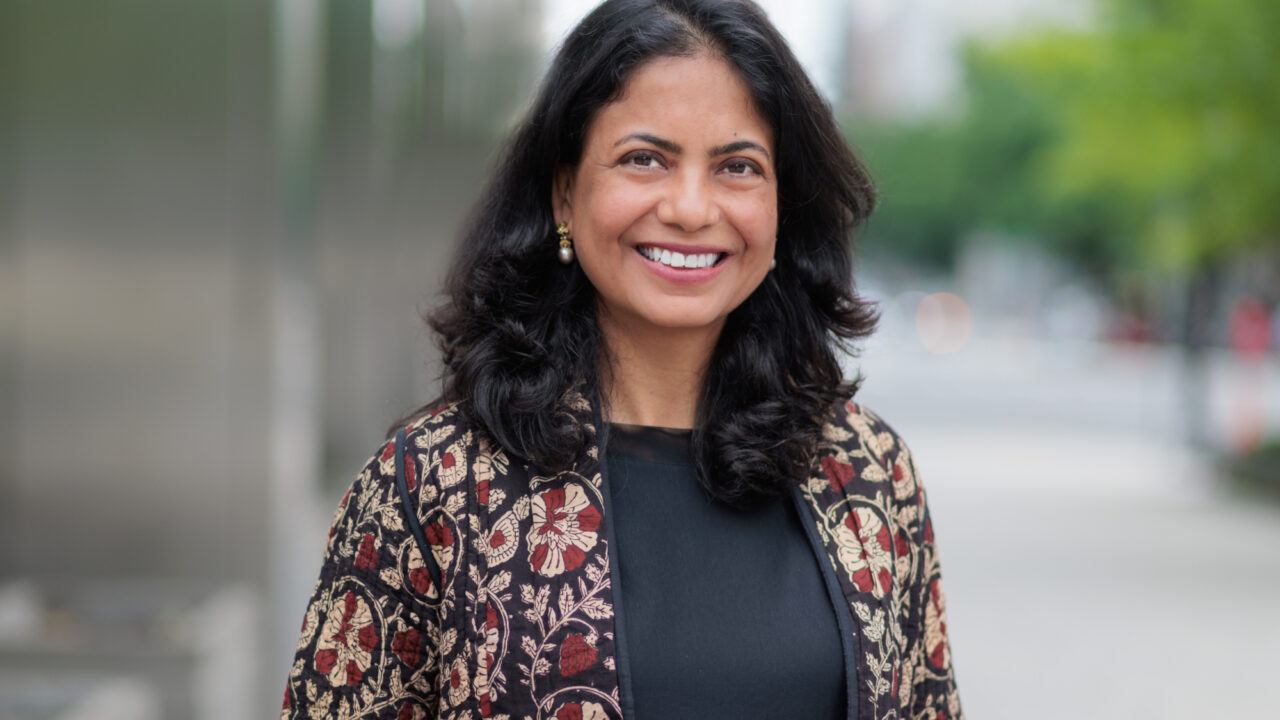1. What initially drew you to working in international development?
As long as I can remember, I’ve been interested in social impact, and I’ve spent much of my life trying to find the right way to pursue it. After high school, I joined AmeriCorps, a national service program, and after college, I worked at a political consultancy and a domestically-oriented philanthropy. Those experiences were all meaningful and allowed me to work on social impact issues in different ways. But it was really after graduating from college, when I joined the Clinton Health Access Initiative (CHAI), that I found my passion in international development.
I have always been an avid traveler, so international development was a perfect intersection of my interest in the understanding the world better and my desire to positively affect people’s lives. I was motivated by the opportunity to support programs that benefit the poorest in the world and the possibility of having large scale impact. That same motivation and passion have led me to Evidence Action, which exemplifies this, having improved the lives of hundreds of millions.
2. Evidence Action recently launched an Accelerator designed to take evidence-based, cost-effective programs to scale. What is the biggest opportunity that you see for the Accelerator in the current environment?
In international development, there is often a major gap between interventions that have been proven effective at improving people’s lives and the ability to scale them up to reach the people who could benefit from them. This is driven by a number of factors- political, bureaucratic, financial and operational. Our Accelerator seeks to identify highly-cost effective, evidence-based programs and work with governments and partners to address these barriers systematically, creating a pathway for the interventions to scale.
Evidence Action recently went through a strategic review in which we decided to primarily (though not exclusively) focus the Accelerator on programs that are ‘ready-to-scale’ and in health and the adjacent sectors of WASH and nutrition. This focus best aligns with our core competencies, positioning us to scale up programs successfully.
Evidence Action has already successfully bridged this gap, partnering with governments to scale deworming treatment to over 280m children globally and providing safe drinking water to 4m people, and Accelerator will seek to develop new programs that can achieve similar impact.
3. What excites you most about taking on this new role at Evidence Action?
In my first month at Evidence Action, what has really stood out to me is the people. The Accelerator team is made up of smart, thoughtful people who are committed to evidence and passionate about impact. And this has been mirrored throughout the organization, with everyone I’ve interacted with thus far.
Beyond their intelligence and technical expertise, I’ve also found the Evidence Action team to be full of really nice, friendly and fun people. That is rare to find.
4. In your experience, what role does evidence and data play in ensuring the success of development programs?
There are limited governmental and philanthropic resources available for development work. So it’s essential that these resources are allocated towards programs that are efficient, that we know can work, and that can feasibly reach millions of people. All too often, funding is allocated with good intentions, but little evidence to support the investment. Evidence must play a key role, both in driving the allocation of resources, and in monitoring, evaluating and improving program implementation, to ensure that results are realized and adjustments are made, when needed.
This emphasis on evidence and cost-effectiveness is at the core of Evidence Action. And it was this commitment, along with the practical focus on bringing effective programs to scale, that drew me to the organization.
5. Prior to joining Evidence Action you spent nine years working on global health programs at CHAI. Which learning will you carry into this new role?
The Clinton Health Access Initiative has shaped a lot of my thinking about international development. I think the biggest learning I will carry with me is the importance of working with government. It is often easier for an organization to deliver services itself, building up new systems as needed, rather than working through existing government systems. (And there are certainly some interventions which are best delivered through parallel systems.) But, in general, I believe that working to improve government systems and deliver services through existing channels is the best way to make sure that programs are both scalable and sustainable. So I think that government partnership is a key approach that I will bring with me, and I’m encouraged that Evidence Action has also had great success through this approach.
Beyond the programmatic value of government partnership, I have also personally learned a lot about development by working closely with colleagues at the Uganda Ministry of Health. In general, they are focused on practical, implementable solutions, and they think carefully about costs and tradeoffs. This mindset has shaped the way I work.
6. When you’re not working, what else might you be doing?
Reading fiction, listening to music (rock), or seeking out local delicacies wherever I travel.
7. If you were stranded on an island, what one thing would you want to have with you and why?
A Cajun seafood spice rub, probably with paprika, cayenne and garlic. I imagine I’d spend a lot of time fishing, so this way I can dine in style.



